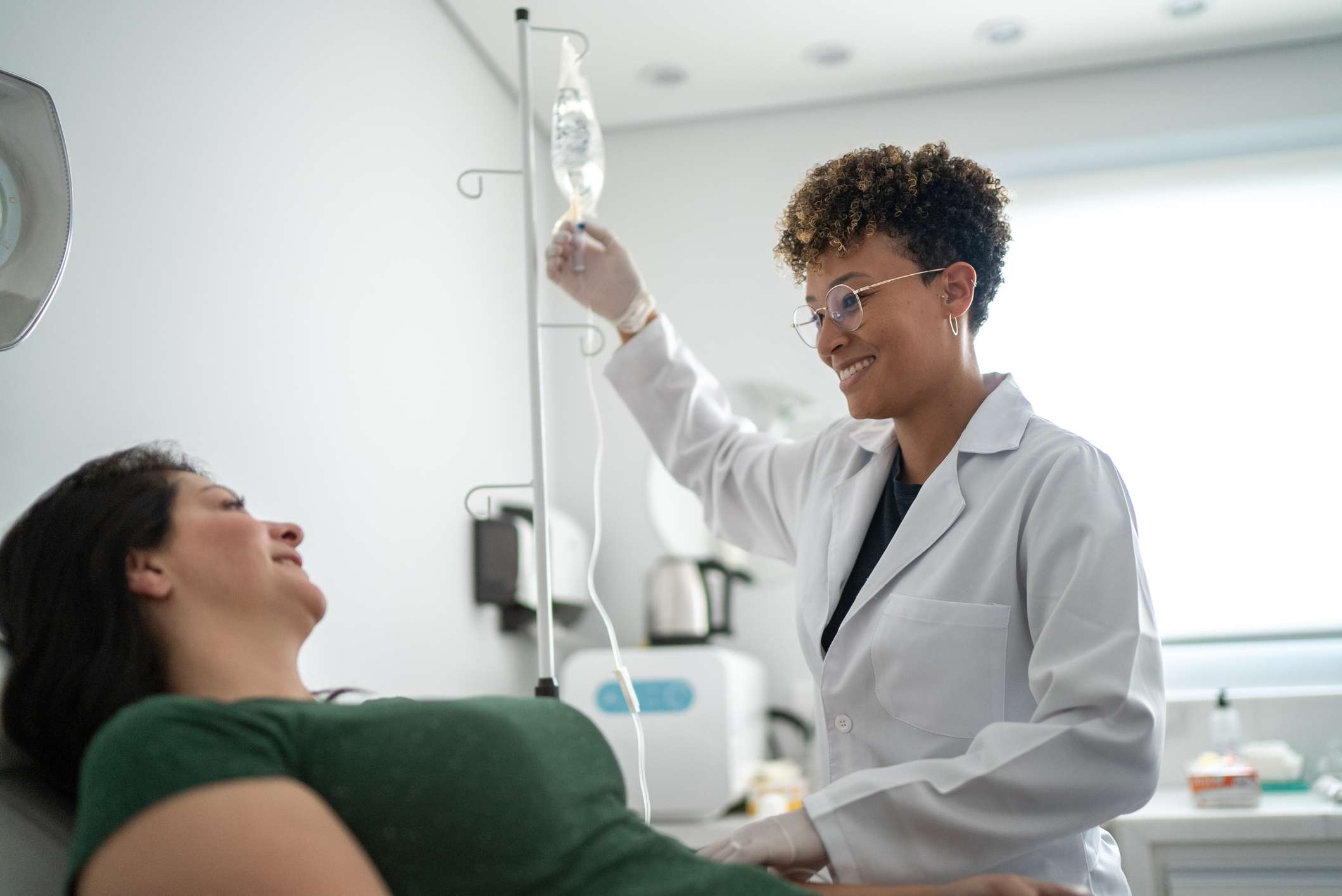Is IV Drip Therapy at Home FDA-Approved?

IV drip therapy is a treatment that involves delivering fluids, nutrients, and medications directly into the bloodstream. While traditionally performed in medical settings, advancements have made it possible to receive IV therapy in the comfort of your home. With the growing popularity of IV Drip at Home in Dubai, many people wonder about its safety and FDA approval.
FDA’s Role in IV Therapy
Regulation of IV Fluids and Components
The U.S. Food and Drug Administration (FDA) regulates the fluids, medications, and nutrients used in IV therapy. These include saline solutions, vitamins, and prescription medications. For these components to be used legally, they must meet FDA standards for safety, efficacy, and quality.
Medical Devices
The equipment used in IV therapy, such as catheters, IV bags, and infusion pumps, is also regulated by the FDA. These devices must be FDA-approved to ensure they are safe for medical use.
Is At-Home IV Therapy FDA-Approved?
While the individual components and devices used in IV therapy are FDA-approved, the concept of “at-home IV therapy” is not directly regulated or approved as a whole by the FDA. The FDA does not evaluate or approve the administration setting (home, clinic, or hospital) for IV therapy. Instead, the focus is on the safety and quality of the materials used in the treatment.
Ensuring Safety in At-Home IV Therapy
Licensed Providers
To ensure safety, at-home IV therapy must be administered by licensed healthcare professionals, such as registered nurses or paramedics. These professionals follow medical guidelines to ensure the treatment is carried out safely and effectively.
Proper Prescriptions
IV therapy at home requires a prescription or a physician’s recommendation. This ensures the treatment is tailored to your medical needs and minimizes the risk of complications.
Sterile Equipment and Environment
Providers of at-home IV therapy must use FDA-approved sterile equipment and maintain a clean environment to prevent infections or other complications.
When Is At-Home IV Therapy Appropriate?
At-home IV therapy is generally safe for:
- Hydration and nutrient supplementation for individuals experiencing dehydration, fatigue, or vitamin deficiencies.
- Treatment of minor illnesses like hangovers, mild migraines, or jet lag.
- Post-operative recovery or managing certain chronic conditions under medical supervision.
However, it may not be suitable for individuals with complex medical needs or conditions requiring immediate medical attention.
Risks and Precautions
Although IV therapy at home can be safe, there are potential risks, including:
- Infections from improper handling of equipment.
- Allergic reactions to certain medications or nutrients.
- Incorrect dosages leading to complications.
To mitigate these risks, it’s crucial to choose a reputable provider who adheres to medical guidelines and FDA standards.
Conclusion
While the components and equipment used in IV therapy are FDA-approved, the administration of IV therapy at home is not directly regulated by the FDA as a specific practice. To ensure safety, it is essential to rely on licensed professionals, use FDA-approved materials, and follow medical guidelines. With the right precautions, IV therapy at home can be a safe and effective way to address certain health needs.


